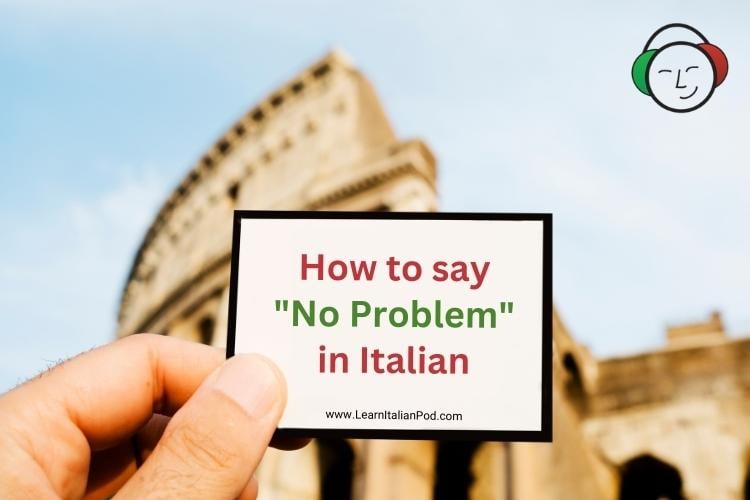“Where Are You From?” in Italian: How to Ask and Answer
Italian is a charming and romantic language that’s widely spoken globally. Whether you’re traveling to Italy or want to learn the language for personal growth, it’s essential to know how to ask and answer basic questions in Italian.
How to Say Where Are You From in Italian
In this lesson, we’ll focus on the phrase “Where are you from?” in Italian and explore different ways to ask and answer it.
Examples of Sentences in Italian with English Translation
Di dove sei originario/a? (Where are you from?) [formal]
A: Sono originario/a di Roma. (I am from Rome.)
Di dov’è che vieni? (Where do you come from?) [informal]
A: Vengo da Milano. (I come from Milan.)
Sei di qui? (Are you from here?) [informal]
A: Sì, sono di qui. (Yes, I am from here.)
Da che parte vieni? (Where do you come from?) [informal]
A: Vengo dalla Sicilia. (I come from Sicily.)
Qual è la tua città d’origine? (What is your hometown?) [formal]
A: La mia città d’origine è Napoli. (My hometown is Naples.)
Explanation of Examples
Now, let’s dive into each of the examples above, detailing their usage and the context for asking “Where are you from?” in Italian.
Di dove sei originario/a?
“Di dove sei originario/a?” formally asks “Where are you from?” in Italian. “Di dove” is a preposition that means “from where,” “sei” is the second person singular form of the verb “essere,” meaning “to be.”
“Originario/a” is an adjective that means “native.” The answer “Sono originario/a di Roma” means “I am from Rome.”
Di dov’è che vieni?
“Di dov’è che vieni?” is a casual way of asking, “Where do you come from?” in Italian. “Di dov’è che” is a colloquial way of saying “from where,” and “vieni” is the second person singular form of the verb “venire,” meaning “to come.” The answer “Vengo da Milano” means “I come from Milan.”
Sei di qui?
“Sei di qui?” is an informal way of asking, “Are you from here?” in Italian. “Sei” is the second person singular form of the verb “essere,” meaning “to be,” and “di qui” is a prepositional phrase meaning “from here.” The answer “Sì, sono di qui” means “Yes, I am from here.”
Da che parte vieni?
“Da che parte vieni?” is another informal way of asking “Where do you come from?” in Italian.
“Da che parte” is a prepositional phrase meaning “from which side,” and “vieni” is the second person singular form of the verb “venire,” meaning “to come.” The answer “Vengo dalla Sicilia” means “I come from Sicily.”
Qual è la tua città d’origine?
“Qual è la tua città d’origine?” is a formal way of asking, “What is your hometown?” in Italian.
“Qual è” is a colloquial way of asking “What is,” “tua” means “your,” “città” is the Italian word for “city,” and “d’origine” means “of origin”. The answer “La mia città d’origine è Napoli” means “My hometown is Naples.”
Asking and answering the question “Where are you from?” is an essential part of any conversation in Italian. It’s a typical question that helps break the ice.
With these different ways of asking and answering, you’ll be able to introduce yourself and make new friends in Italian-speaking countries.
Don’t forget that practice makes perfect, so don’t be afraid to try speaking Italian with native speakers or through language exchange programs. Keep up the excellent work; you’ll be fluent in no time!
Recommended Reading:







